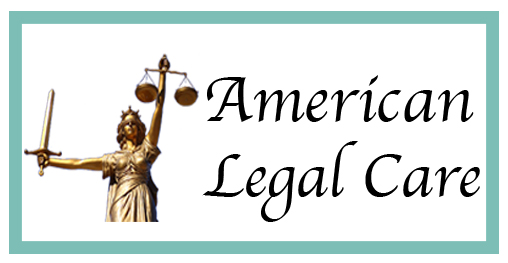
Anti-discrimination laws prevent an employer or coworker to discriminate against someone because of their protected attributes and activities. A work discrimination lawyer from a law firm like Davie & Valdez, P.C. knows that in many work environments, not everyone fully understands what it means to be discriminatory against another.
The culture of a work environment may be that everyone jokes and teases, but these comments are not allowed to be about a person’s “protected attributes” or make them feel inferior. Workplaces would probably be better off if such jokes weren’t spoken altogether.
When it comes to discrimination, employers are not allowed to treat adversely or fire a worker due to their protected attributes and activities. Here, we explain further what we mean by these two terms:
Protected Attributes
Every person has unique characteristics that separate them from others. We live in a society where hair colors are different, skin colors vary, people are drawn to opposing religions or political views, and more. In an ideal and perfect world, we have to interact with each other in a way where we respect each other. Sadly, work discrimination lawyers are well aware of how common discrimination happens in American workplaces. We are here to seek justice for those who are treated negatively because of these protected attributes:
- Skin Color
- National Origin
- Religious Creed
- Race
- Physical Disability
- Ancestry
- Medical Condition
- Marital Status
- Pregnancy Status
- Mental Disability
- Sex
- Gender
- Gender Identity
- Age (Over 40)
- Veteran Status
- Military Status
- Gender Expression
Protected Activities And Reverse Discrimination
Reverse discrimination is also quite common, where those who are of a majority-protected class suffer discrimination because of this status. What this means is that both minority and non-minority people can become victims of discrimination in the workplace. Aside from protected attributes, these are the protected activities that are safeguarded by law:
- Opposing unlawful harassment
- Requesting an accommodation for a mental or physical disability that is reasonable
- Filing a complaint, assisting with, or testifying for a proceeding of unlawful harassment or discrimination in the workplace
- Opposing unlawful discrimination
- Requesting an accommodation for a religious belief or observance that is reasonable
It is true, rarely does anyone enjoy filing a complaint or lawsuit for discrimination against their employer. While it can be very terrifying to come forward, especially if discrimination is something that has been “accepted” in your workplace culture. However, sometimes it is the right thing to take action and stand up for your rights so an employer is less likely to do it again.
Whether you are ready to take action now or need more information about whether your situation qualifies as discrimination, contacting a work discrimination lawyer could help you get the answers you are looking for. While it may feel like it, you aren’t in this alone. Don’t hesitate to speak with a lawyer and they can help give you more details about your legal options.
